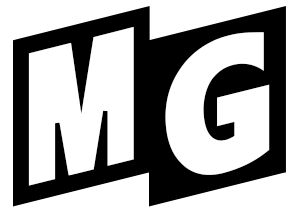On Wikipedia, every piece of information is supposed to be backed up by an external source, provided inline. That means no edit request you make will go far unless you’re able to provide sources for every single change you’re requesting. Wikipedia has specific guidelines around which sources are useful. Follow these tips for finding and evaluating sources to ensure you’re giving the Wikipedia community what it needs in order to be able to implement your requests.
What sources are for
As I’ve mentioned before, sources on Wikipedia serve two purposes: proving that something is true (verifiability) and proving that something is important enough to be in an encyclopedia (notability). The rough – and admittedly imperfect – yardstick is that if something was important enough to be covered in a neutral publication (unconnected to the subject matter of the article), it’s important enough to be on Wikipedia.
Which sources qualify?
There is a ton of documentation on this topic, but here’s a rough standard: the publication should be big enough that an editor looked at it before it was published. That means niche industry publications qualify, but individual blogs do not. Offline sources, like old newspapers and independently published books, are OK.
Of course, there’s a lot of nuance to consider here. If the information you’re citing is more controversial or could be perceived as overly detailed, you need a larger publication – more prestigious or with higher circulation numbers – to back it up.
Which sources don’t meet the bar?
- Again, sources must be independent. That means no sponsored content and no contributed content. (This includes all content from Forbes’ and Huffington Post’s extensive contributed content networks, which aren’t considered sufficiently vetted prior to publication.)
- Sources must not be self-published, so no press releases, no blog posts, and no social media. In many cases, self-published sources also overlap with another Wikipedia no-no, original research. Wikipedia needs secondary rather than primary sources.
- Directory entries also don’t count, e.g. CrunchBase entries or award submissions.
- Wikipedia is not a reliable source on Wikipedia.
One final note
When gathering information from sources, be extremely careful not to plagiarize. Because no text on Wikipedia is copyrighted, Wikipedia takes any potential plagiarism very seriously, and any content thought to have been copied from a copyrighted source can be totally blanked from Wikipedia. You shouldn’t copy even from sources created by your organization, e.g. the “about” blurb at the bottom of a press release.
Additional resources
- Wikipedia’s full guide to reliable sources
- A list of commonly discussed sources with commentary on their reliability
- Details on Wikipedia’s “no original research” policy
- Guidelines on how Wikipedia determines which sources are trustworthy, with examples
- A beginner’s guide to using and formatting sources on Wikipedia

